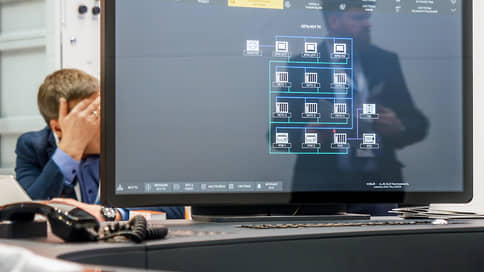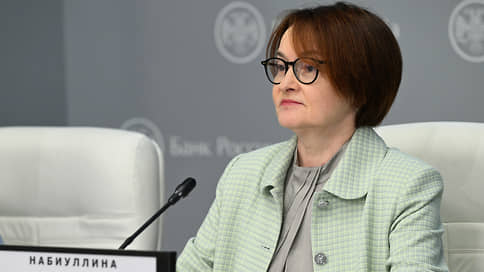Why have you suspended the bill on the collection for the use of foreign

According to Kommersant, the development of the initiative of the Ministry of Civil Code on a new gathering from companies for the use of foreign according to the difficulties of developing and coordinating with other ministries and departments. The mincifers assure that work on this issue will continue. For individual classes, there are still no foreign decisions for a full replacement.
The development of the bill on the collection for a foreign one is suspended, the interlocutor close to the Ministry of Cyphra told Kommersant. According to him, the bill turned out to be too complicated in the study: for example, the mechanisms for identifying foreign software in business are incomprehensible, and the initiative requires detailed development of the collection parameters from specific software classes. This was confirmed by the Kommersant source, familiar with the development of the initiative, which added that the bill did not receive support either in the Ministry of Finance and the Federal Tax Service or among the participants in the industry.
The development of a bill on the introduction of a fee for the use of foreign software was announced by the Ministry of Cyphra at the end of May 2024. Then the head of the Ministry of Civil Academy of Sciences Maksut Shadaev noted that Russian companies continue to use foreign software, and the collection is proposed « to » equalize « foreign software with Russian. » The idea itself was discussed back in 2023, when Prime Minister Mikhail Mishustin said that it was planned to send the collection to grants and preferential loans to Russian developers. The Ministry of Construction also announced that the bill would not be applied to small and medium -sized businesses, as well as budgetary institutions, and will be submitted to the State Duma in September 2024 (See “Kommersant” dated August 26, 2024).
The mincifers assure that the initiative to collect foreign software from Russian companies is not suspended, and its elaboration « will be continued »: « Now it is necessary to additionally discuss details with the industry and adjust the document. » The Ministry of Finance and the Federal Tax Service did not answer Kommersant.
The idea to introduce a fee for the use of foreign according to the Russian business as an indulgence for violation of copyright and delayed transition to domestic programs, said Renat Lashin, head of the ARPP “Domestic software”. “This would be a serious obstacle to the achievement of the country’s technological sovereignty. In addition, the initiative was complicated in the implementation and administration, and could also lead to the risks of introducing unscheduled inspections of foreign software used by the business, ”he explains.
On the way to the achievement of technological sovereignty, meanwhile, there is now a lack of technology, experts say.
For individual class classes, for example, in automated design systems or specialized scientific and engineering software, a noticeable lag is still preserved, says Alexey Ilyin, head of the register of DV Consulting Civil Code. In separate segments, even a large business uses a foreign pirate software, says Alexander Chugunov, head of the Rexoft Consulting Practice “Strategy”. “For example, Autodesk software has long been widely used by design specialists and de facto has become a standard. In the construction design segment, the share of this software reaches 90%. ”
“Most of commercial companies that do not have significant KII facilities continue to work on Western solutions. This, among other things, concerns the use of SAP and products in the field of information security, ”says Maxim Ivanov, partner of Tedo’s technological practice. According to him, commercial companies do not have an urgent need to replace Western systems, as they continue to work: “The lack of support for the vendor can be the only incentive. However, in most cases, such support is carried out by former Russian employees of Western manufacturers who organized their own companies in the Russian Federation. ”








